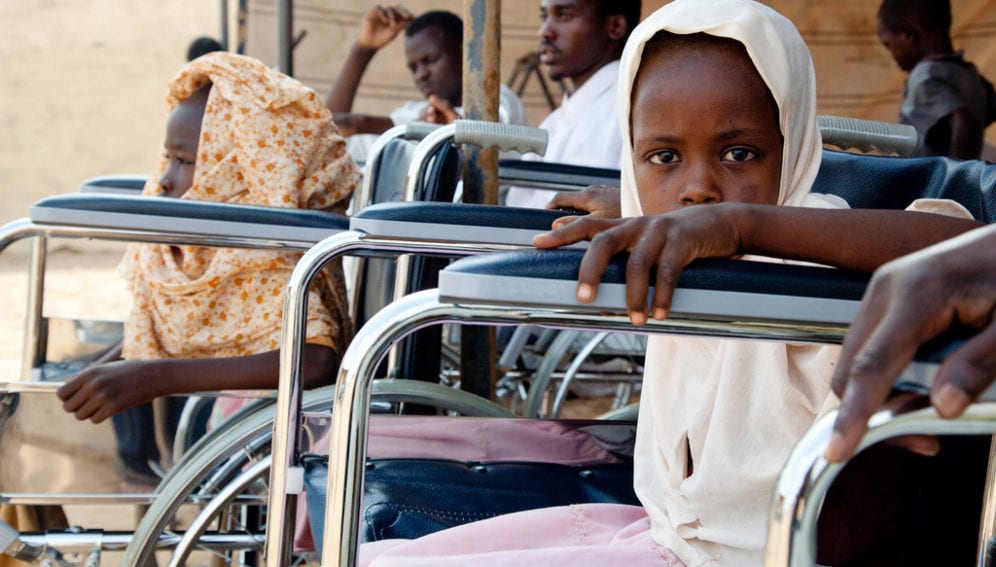Send to a friend
The details you provide on this page will not be used to send unsolicited email, and will not be sold to a 3rd party. See privacy policy.
Improved collection and analysis of research data could lead to better public policies for children with disabilities, according to a report by the UN Children's Fund (UNICEF).
The UNICEF report, 'The State of the World's Children 2013: Children with Disabilities', describes a lack of research in developing countries into issues such as disability among indigenous people, assistance for victims of landmines and violence towards children with disabilities.
It calls for a "concerted global research agenda on disability to generate the reliable and comparable data needed to guide planning and resource allocation, and to place children with disabilities more clearly on the development agenda".
Claudia Cappa, a statistics and monitoring specialist at UNICEF, tells SciDev.Net that research and data collection on child disability have been inadequate.
"There is a general lack of reliable data, particularly in resource-poor settings where registries or administrative data from educational or medical settings are scarce or non-existent," she says.
"Additionally, when data have been collected, different definitions, questionnaires and methodologies have often been used. This has made comparisons across countries problematic and produced data of varying quality."
The report also urges researchers to rethink how disability is defined. "Narrow, medical definitions are likely to yield lower estimates than broader ones that take into account social barriers to functioning and participation," it says.
And Cappa says researchers should analyse disability within real-life settings.
"Very little is known, in both developing and developed countries, about the living conditions and quality of life of children with disabilities and about the barriers they face in terms of their ability to attend school, access services and participate in recreational activities," she says.
Maria Isabel Pereira, a psychologist and vice-president of the organisation of Autismo en Voz Alta, a Venezuelan foundation that works with children with autism, tells SciDev.Net that robust research would bring many benefits.
"It would allow us to know the real number of people with disabilities, their needs, their social circumstance and geographic location and the quality of the support they are receiving," she says. "Moreover, an increase in scientific research would help us know better the causes of and possible innovative treatments for many disabilities."
In developing countries, Pereira adds, "there's an urgent need for research at every level", including statistical work to quantify and describe the population with disabilities and research to examine the effectiveness of different interventions on quality of life and social inclusion.
Cappa puts the lack of quality data on child disability in developing countries down to low research capacity, limited funding and weaknesses in administrative systems and related information records.
But efforts to obtain better data and improve research are underway.
The Washington Group on Disability Statistics, a UN-convened task force comprising representatives of national statistical offices, UN agencies including UNICEF and other international experts, has spent the last five years developing and testing a survey designed to generate nationally comparable figures that can go to form a global database.
A pilot study in four countries assessed the speech, hearing, vision, learning, mobility and motor skills, emotions and behaviour of children aged between two and 17.
"The resulting data are showing that we have found the right approach," says Cappa. "This means that, within the next five years, we should have much stronger baseline data and global data on children with disabilities."














